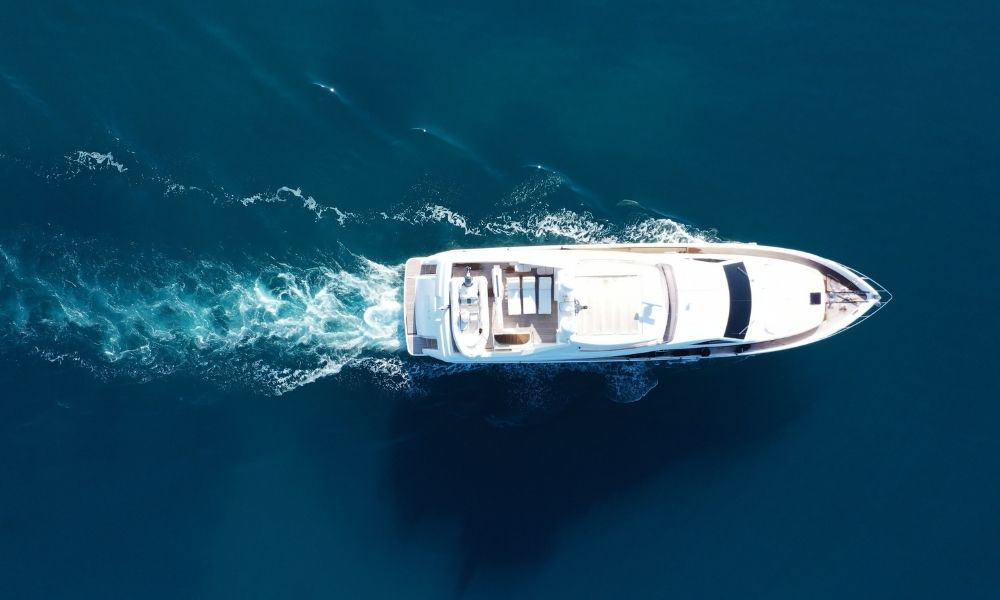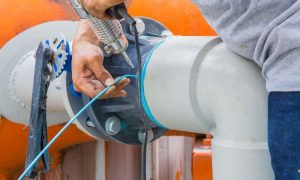There are several different options when selecting plastics for marine water tanks, including polyethylene, polypropylene, and BPA-free. It’s important to know what you’ll be using your tanks for and what they’ll have to endure before choosing one of these options.
It’s especially important to know just how much your tanks can handle. Thinking about these considerations when choosing plastic marine water tanks isn’t just the right thing to do; it’s the responsible thing for the environment and for businesses worldwide.
Elevated Temperatures
For high-temperature applications, it’s best to select a polymer that has a high tolerance to extreme conditions. Fortunately, the polymer that can handle such conditions is made for plastic marine water tanks, and it’s called polypropylene.
But don’t be sold on the chemical makeup alone. Understand that this plastic has great chemical resistance and is not susceptible to stress cracking. It is also autoclavable in a pinch.
UV Exposure
UV exposure is another potential problem that will eventually break down most polymers, and this cannot be avoided, so this is something work researching. It’s important to choose a BPA-free material, as when BPA plastics break down, they release toxins into the environment, and in this case, into the water. You may have great successes with polyethylene material, but make sure it is BPA-free before making any firm decisions.
Environmental Stress Cracking
Over time you will notice things like discolorations and cracking of your water tanks—even peeling and drying in certain areas of your plastic. This happens to many poorly made plastics that don’t have longevity and are prone to wear and tear.
Because your tanks will be holding water, they will need to remain watertight for long periods of time. This factor, alongside gravity weight, is something you should consider before making a purchase. Gravity weight estimates how many gallons and the weight that tanks and plastics can hold before they completely lose their integrity.
Not all plastics are the same. They all have different properties and attributes, which we should be aware of long before we make a choice to invest in them.
However, by going with the proper plastic base material, you will have the confidence that they will do the job you want them to do effectively. Therefore, it’s only natural that you should think about these considerations when choosing plastic marine water tanks so that you can get the best that money can buy.



